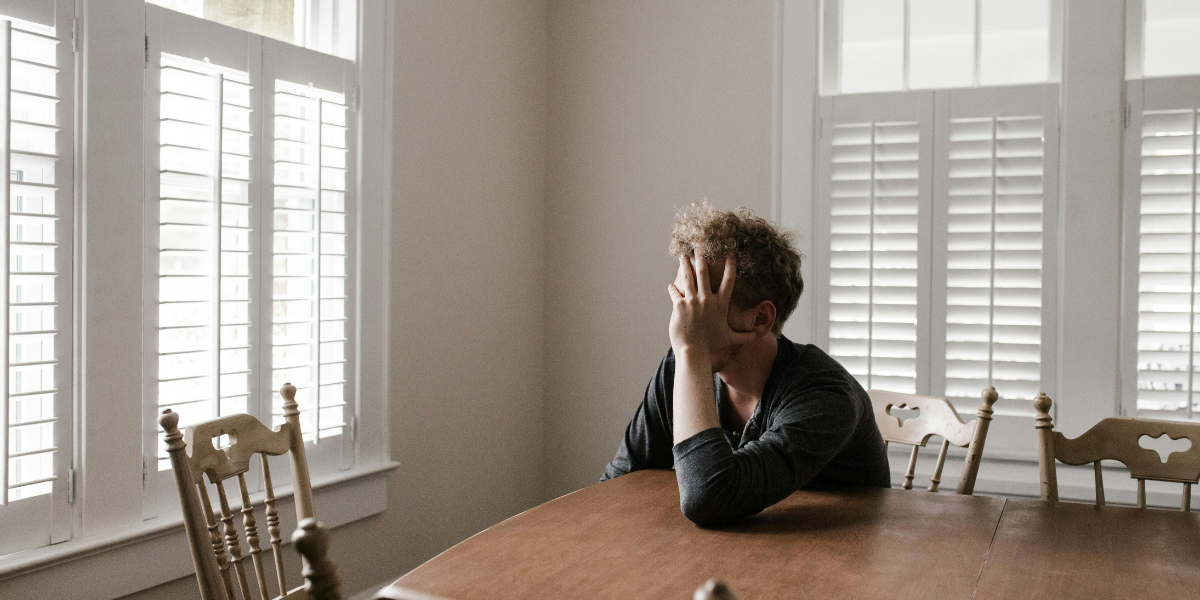Understanding Depression in Men: A Guide

Depression is a serious mental health condition that affects millions of people worldwide. While it can affect anyone, regardless of gender, depression in men often goes unrecognized and untreated. This guide aims to shed light on the symptoms of depression in men, the unique challenges they face, and how to seek help.
What is Depression?
Depression is more than just feeling sad or having a bad day. It is a medical condition that affects how you feel, think, and handle daily activities. Symptoms must last at least two weeks for a diagnosis of depression.

Symptoms of Depression in Men
While many symptoms of depression are common to both men and women, some symptoms may be more common in men. Recognizing these symptoms is the first step in getting help.
Emotional Symptoms
Men with depression may experience emotional symptoms such as:
- Persistent sadness or feeling empty
- Irritability or frustration, even over small matters
- Loss of interest in hobbies or activities once enjoyed
- Feelings of hopelessness or pessimism
- Feelings of worthlessness or excessive guilt
Physical Symptoms
Depression can also manifest in physical symptoms, including:
- Fatigue or decreased energy
- Changes in appetite or weight
- Sleeping too much or too little
- Unexplained aches and pains
Behavioral Symptoms
Behavioral changes are also common in men with depression:
- Withdrawing from friends and family
- Loss of interest in work or other activities
- Increased use of alcohol or drugs
- Engaging in risky or reckless behavior
Why is Depression in Men Often Overlooked?

There are several reasons why depression in men often goes unrecognized:
Societal Expectations
Society often expects men to be strong and self-reliant. This can make it difficult for men to admit they are struggling and seek help.
Different Symptoms
As mentioned earlier, men may experience different symptoms than women, which can lead to a missed diagnosis. For example, men are more likely to report physical symptoms rather than emotional ones.
Reluctance to Seek Help
Men are less likely than women to seek help for depression. This may be due to stigma, fear of being judged, or a belief that they should be able to handle it on their own.
How to Seek Help
If you or someone you know is experiencing symptoms of depression, it’s important to seek help. Here are some steps to take:
Talk to Someone
Start by talking to someone you trust, such as a friend or family member. Sometimes, just talking about what you’re going through can help.
See a Doctor
A healthcare professional can provide a diagnosis and discuss treatment options. Treatment for depression may include medication, therapy, or a combination of both.
Therapy
Therapy, such as cognitive-behavioral therapy (CBT), can be very effective in treating depression. A therapist can help you identify negative thought patterns and develop healthier ways of thinking.
Medication
Antidepressant medications can also be effective in treating depression. Your doctor can help determine if medication is right for you and which type would be most beneficial.
Supporting a Loved One with Depression
If someone you care about is experiencing depression, your support can make a big difference. Here are some ways to help:
Be There
Sometimes, the best thing you can do is just be there. Listen without judgment and offer your support.
Encourage Them to Seek Help
Encourage your loved one to see a doctor or therapist. Offer to help them make an appointment or go with them if they’re nervous.
Educate Yourself
Learn about depression so you can better understand what your loved one is going through. This can help you provide more effective support.
Be Patient
Recovery from depression takes time. Be patient and offer your support throughout the process.
Preventing Depression
While it’s not always possible to prevent depression, there are some steps men can take to reduce their risk:
Stay Connected
Maintaining strong relationships with friends and family can provide emotional support and reduce feelings of isolation.
Stay Active
Regular physical activity can improve mood and reduce symptoms of depression. Aim for at least 30 minutes of exercise most days of the week.
Manage Stress
Find healthy ways to manage stress, such as through exercise, meditation, or hobbies.
Avoid Alcohol and Drugs
While it may be tempting to use alcohol or drugs to cope with depression, they can actually make symptoms worse.
Seek Help Early
If you start to notice symptoms of depression, seek help early. The sooner you get treatment, the better the outcome.
Conclusion
Depression in men is a serious issue that often goes unrecognized and untreated. By understanding the symptoms and seeking help, men can take the first step towards recovery. If you or someone you know is struggling with depression, don’t hesitate to reach out for support. Remember, help is available, and recovery is possible.






